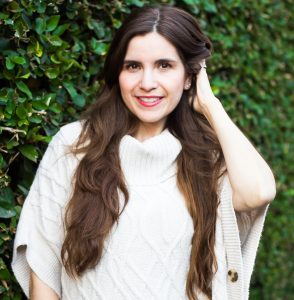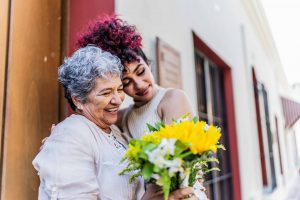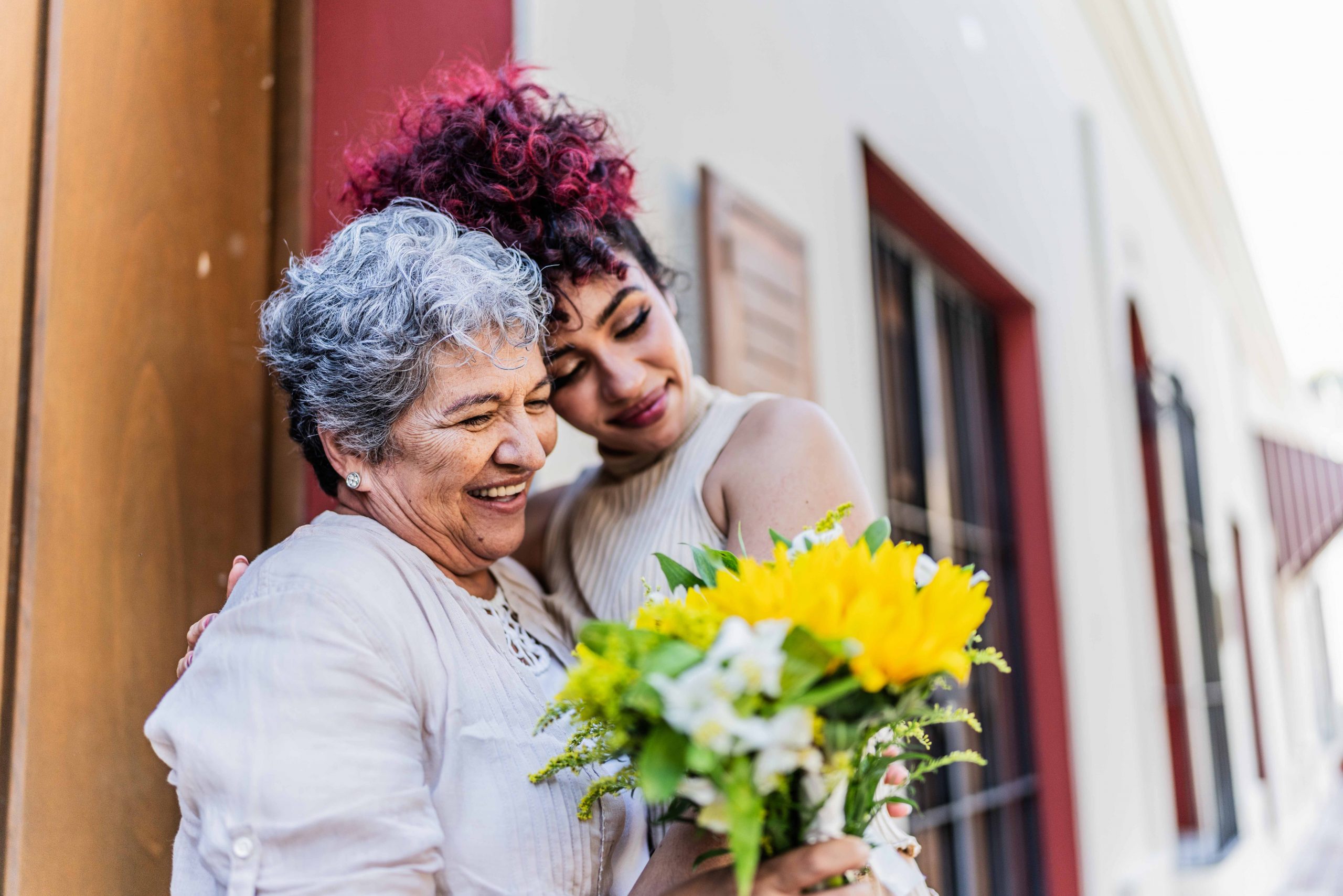
Heather Rose Artushin, LISW-CP
By Heather Rose Artushin, LISW-CP
As social workers, we often embark upon this professional journey with a heart for helping people to live well. But what if dying well was a conversation that was never meant to be saved for the end of life?
Ronald L. Riffel, retired social worker and board member of the Center for Conscious Living and Dying (CCLD) in North Carolina, initially responded to a call for volunteers to sit with people who were dying, in what he described as a profound experience. Nestled in the Swannanoa Valley surrounded by the Blue Ridge Mountains, CCLD offers direct care for the dying, along with education and resources for the community. It was here that the documentary film, “The Last Ecstatic Days,” was filmed, a raw, honest look at death through the eyes of a 36-year-old man dying of a brain tumor. “We feed, clothe, counsel, love,” Riffel paused, “that’s probably the most important word.”
For Riffel, death had been a part of his story from the start. Born in 1943, Riffel’s father was drafted into World War II and was sadly killed in action. “I’m a ‘parent loss’,” he declared. “My mother eventually remarried, but they didn’t have the tools to help me or my brothers and sisters, or themselves, to deal with this incredible loss. So we buried it. We just pretended that it didn’t impact our family.” While he and his siblings went on to have rewarding educational and career experiences, he felt wounded. “It wasn’t until I was 45 years old and got into therapy that I realized I had many strong feelings so suppressed. Death has been a part of my life, and the work I needed to do, from the beginning.”

National Healthcare Decisions Day, which is April 16th, is a good reminder for social workers on the importance of discussing advance care planning.
What is conscious living and dying? Riffel defines conscious living as being aware of reality in a deeper sense. “It is being totally attentive to the moment,” he described. “You just have to be real and acknowledge that it’s all experiential. It believes the richest life you can have is a life that is deeply connected to yourself and to others.”
Conscious dying reframes death as equally important to birth, or any other experience, and that we can experience growth, transformation, and connection through the dying process, both for the dying person, and those who are caring for them.
Joseph Abel, a social worker at Givens Highland Farms retirement community in Black Mountain, North Carolina, has found the conscious living and dying framework to be valuable professionally. “For me, it has widened my lens when approaching end of life experiences, which has made me more effective in my role,” he said. “It has also helped me to negotiate and process the weight of the emotional energy I am producing and absorbing in these spaces.”
Social workers can embrace an awareness and acceptance of death, and begin to approach life and death mindfully, first in their own lives, and then learn more about ways to engage in conversations with clients about their own perspectives and wishes. With National Healthcare Decisions Day (NHDD) approaching April 16th, this is a good reminder for social workers on the importance of having conversations with individuals and families not just about advance care planning, but conscious living and dying as well. Reading about the end of life, no matter where you meet your clients in their lifespan, can offer valuable insight, as can spending time in therapy to unpack your own deep thoughts and triggers related to death. “It is so loaded with emotion, death and dying, living and dying, that you need to know the triggers that reside in your own being,” urged Riffel, “the wounds that you haven’t dealt with.”
For those interested in end of life work, getting supervised experience in being with people who are facing terminal illness, or those who are dying, can be eye-opening. In end of life care, sometimes the rules social workers abide by shift, and we all become humans standing in the face of the unknown. “There is something about physical contact in the process of loss,” Riffel continued, “there is a lot of hugging – caretaker to caretaker, caretaker to patient, caretaker to family members – there’s a lot of hugs because touch has so much power, and words can be cheap in this heavy of a transition.”
The main precept of conscious living and dying is simply embracing death as a normal part of the universal human experience. “Viewing death as just another part of life, and not something separate and scary, is very liberating,” said Abel. “I believe that self-awareness is the single most important thing to improve your ability to serve any population, and self-exploration and personal growth is baked into everything that CCLD does.”
Normalizing death can enrich your life, and your social work practice. “I think it’s because it gets as real as real is,” said Riffel. “There’s something about human nature that abhors change, that attaches. Dealing with death breaks up those habits and expands us. Conscious living and dying is all about expanding oneself to be more diverse, to be less egocentric, to be identified with humankind, and death is a beautiful opportunity to grow one’s empathy and connection beyond oneself.”
Learn more about the Center for Conscious Living and Dying at https://www.ccld.community/. Resources for starting a conversation about final wishes can be found at https://theconversationproject.org/.
Heather Rose Artushin, LISW-CP is on a mission to make a difference, one word at a time. Learn more at https://heatherrosewriter.com.




